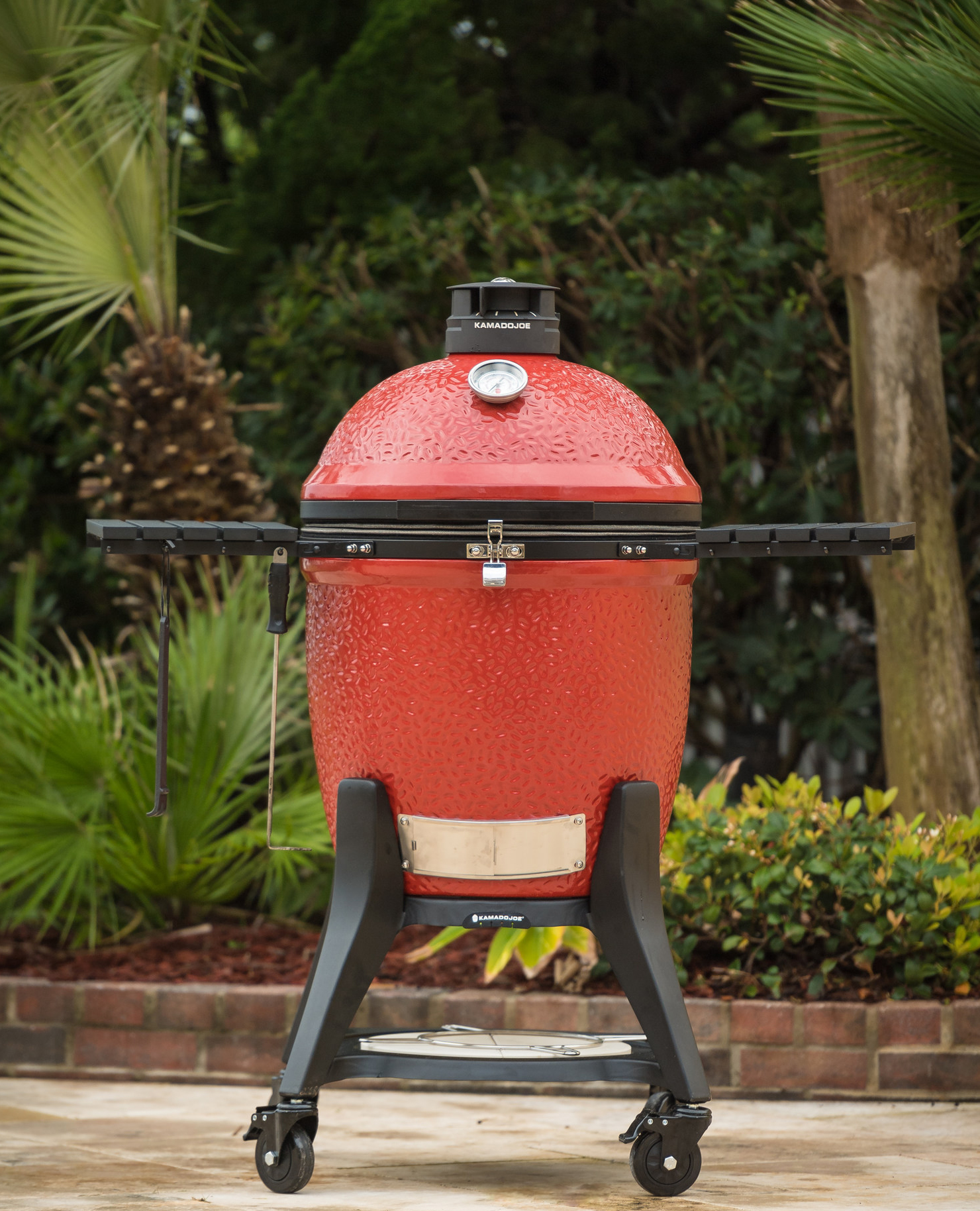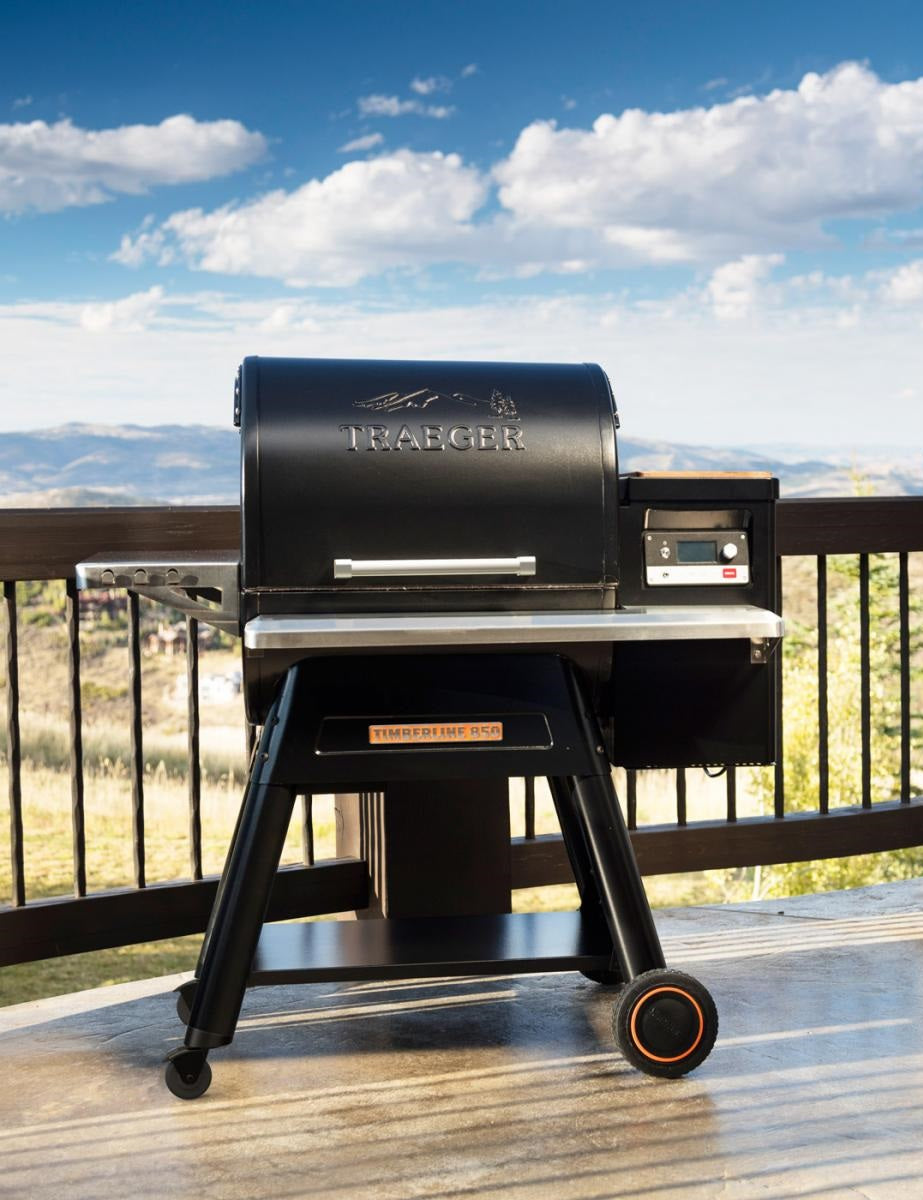How to Thicken BBQ Sauce
Barbecue sauces are an incredibly versatile sauce. Unlike many other varieties, barbecue sauce can be used on a large range of different foods, both freshly grilled and not. While typically smothered over a rack of ribs, BBQ sauce can also be added onto burgers as a condiment, used as a dipping sauce for chicken nuggets and strips or even simply mixed with shredded pork for pulled pork sandwiches.
However, many barbecue sauces come out runnier than is actually needed. For something like a rack of ribs, having an overly runny sauce can create even more of a mess than intended. Runny BBQ sauce can drip off onto the grill’s coals or burners, creating a waste. So to improve both runny homemade and store bought sauces, many people search for ways on how to thicken BBQ sauce.
There are a few of the more common ways to thicken up any sort of sauce that many people use. But, we’ve also provided a few alternative options in case you don’t have these stocked or don’t want to use them. If you want to get a few sauces to try these methods for the next time you fire up your barbecue, visit us at Dickson Barbeque Centre to get all the sauces you need and more.
Adding food gums
Pectin
One of the best options as to how to thicken a BBQ sauce is to use pectin. Depending on where you get it from, pectin can come in two different varieties; high- and low-methoxyl pectin. Both however are available in the bakery aisle of many supermarkets and are typically made from apple cores or citrus rinds. As many people know, pectin is often used to turn fruit pulp into jams and jelly.
Low-methoxyl pectin is often used to thicken creamier sauces, since the pectin requires a certain amount of calcium to properly form a gel. The best pectin for thickening BBQ sauce though, is the high-methoxyl variety of pectin.
Primarily used to thicken up soups and sauces with sugar contents, a little bit of this pectin can be incredibly effective. For every cup of liquid sauce you want to thicken, you only need ⅛ of a teaspoon. Any more and you start getting sauces that you can cut and serve as a side dish.
Guar gum
Compared to the other kinds of food gums, guar is known to be less likely to thicken via gelling. Made from powdering guar beans, the gum is also quite high in fibre and is usually used as a diet supplement. In addition to its health benefits, guar gum can be used to thicken a wide range of foods thanks to its lack of flavour, though many have said to notice a beany taste. While it doesn’t form a gel like with other gums, it forms more of a paste.
Adding starches
Arrowroot
Another great answer to how to thicken up BBQ sauce is to add arrowroot. As the name suggests, arrowroot is a type of root or tuber grown in the West Indies, and is noted to have a more neutral flavour. While it is a great option for more acidic barbecue sauces, the starch itself can’t tolerate higher temperatures and doesn’t reheat well, so it’s best used to thicken the BBQ sauce after the meat is off the grill.
Wheat
Though it may seem odd at first, wheat is one of the most commonly used starches for thickening sauces and soups, second only to cornstarch. Wheat in the form of flour typically contains all the proteins, starches and fats that the grain itself has and combines with water to become thicker. If too much flour is used, it can make the BBQ sauce too gummy, much like adding too much water to a dough for baking. Depending on which kind of flour you use – whole wheat or white – the sauce will gain a slight nutty flavour.
Mixing in healthier fats
Coconut oils and cream
In many Asian cultures, coconuts have been one of the main ways to thicken up curries and soups. Though having been predominantly used in Asian countries for many decades, this use of coconuts is now spreading to western countries. Coconuts are now a great answer to how to thicken BBQ sauces since a lot of the oil and cream are considered healthy fats.
Coconut oil is often made from pressing the meat or fruit and, like olive oil, can be either virgin oil or refined. Though typically not referred to using the terms, virgin coconut oil is made from the fresh fruit while refined oils are processed before bottling. Coconut cream, on the other hand, is made from pureeing the meat of the coconut itself.
Both the cream and oil don’t require cooking, since they both come from fruit itself. If you make your own sauces at home, this is a great healthy option due to the fruit’s higher healthy HDL cholesterol. However, since coconuts have a rather distinct taste, your barbecue sauce will more than likely end up tasting like coconut but far less if you use oil. But with fruitier flavoured barbecue sauces, like pineapple and mango habanero mixes, the addition of coconut oil or cream can make the sauce even more tropical!
Nuts and seeds
Another possible solution to how to thicken BBQ sauces is to add nuts and seeds. Naturally the best way to do this is to puree them first, allowing them to release their individual oils and fats before mixing them into your barbecue sauce. When they’re pureed, the nuts and seeds can add a mild sweetness on top of a creaminess, making the sauce richer as well. Nuts and seeds also have quite a lot of their own health benefits, which only makes them better.
Takeaway
While a few of these options are bound to change the taste or texture of your barbecue sauce, adjustments can easily be made to turn the new taste into a unique barbecue sauce. By picking the right way to thicken a runny barbecue sauce, you can add a few more health benefits to your sauce and to your meal.







